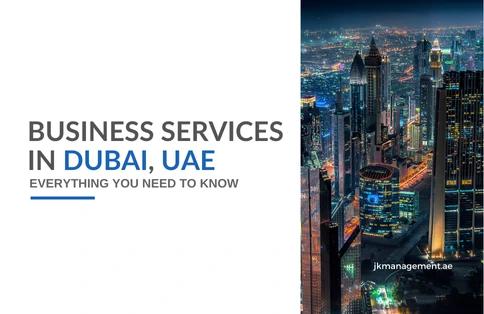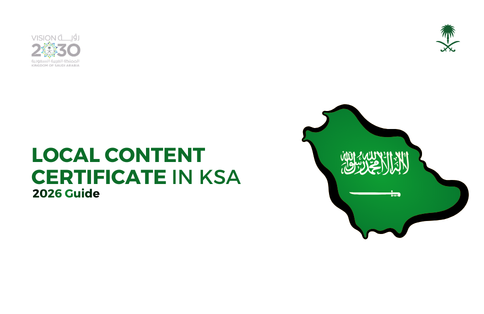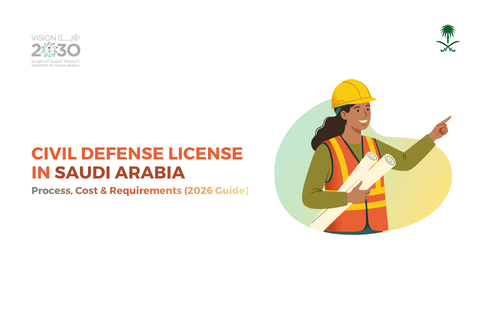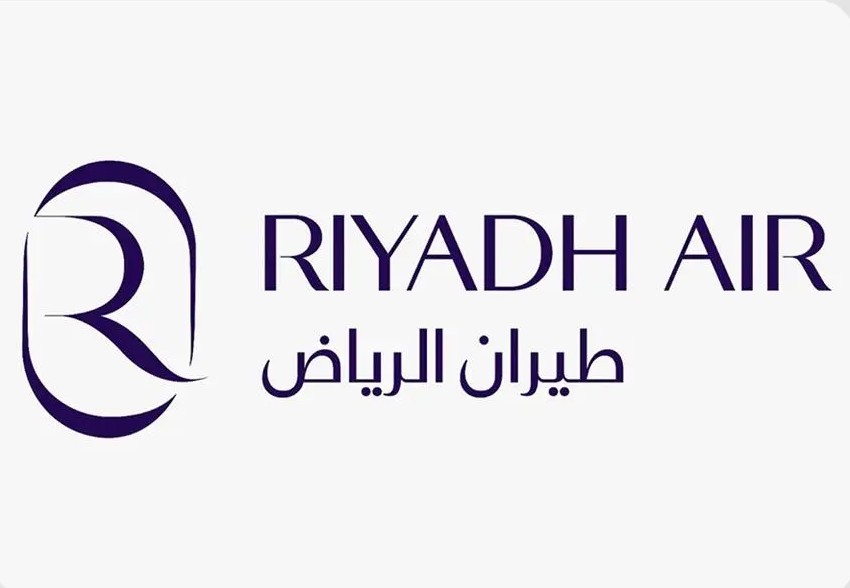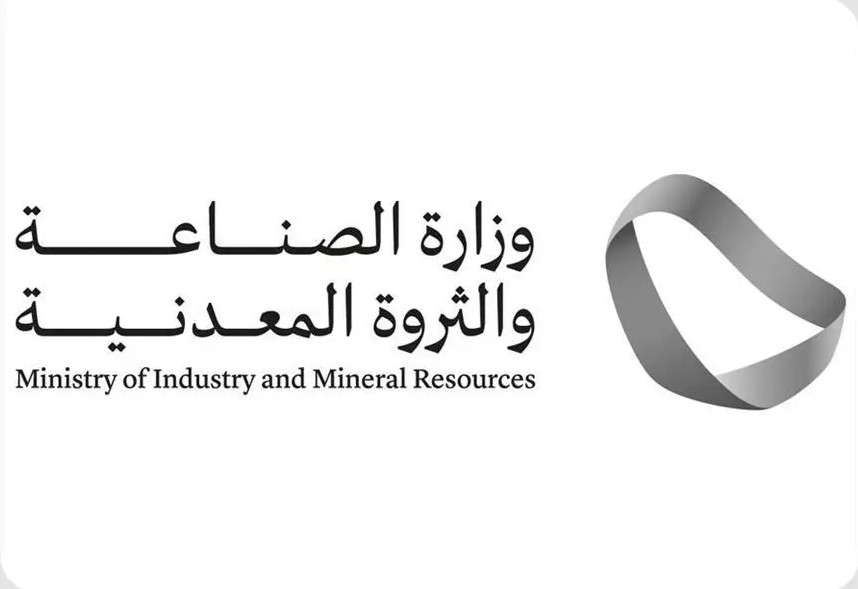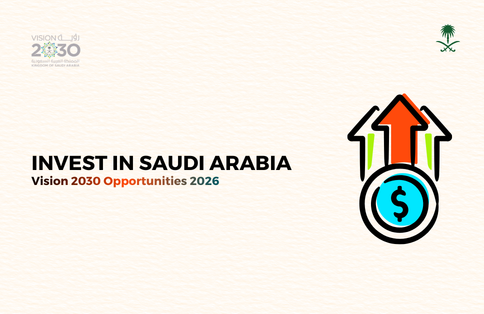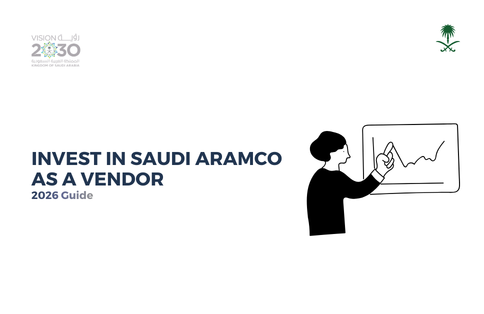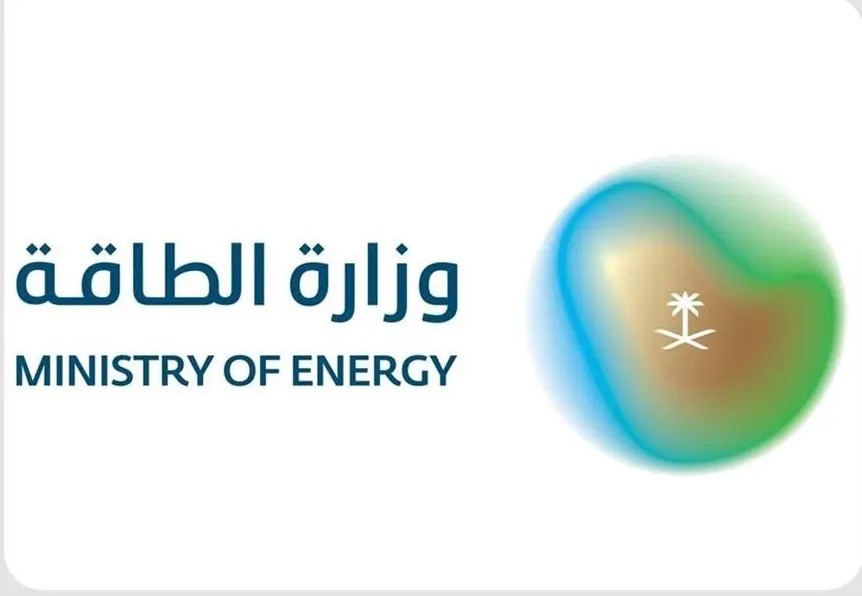The United Arab Emirates (UAE) presents a highly attractive investment landscape for expatriates, characterized by its political stability, strategic location, and robust economic policies. This guide will explore the key benefits of investing in the UAE, with a focus on tax exemptions, government support, and the strategic decision between mainland and freezone investments. Invest in UAE today.
Political and Economic Stability
The UAE is renowned for its stable political climate and consistent governance, which significantly reduces investment risks associated with political turmoil, This stability is complemented by a dynamic economy that not only focuses on oil but has diversified into sectors like tourism, finance, and technology.
Tax Benefits
One of the most compelling advantages for expatriates investing in the UAE is the favorable tax regime. The country does not impose personal income tax and offers various corporate tax benefits, particularly in free zones where companies can benefit from zero corporate tax rates. Furthermore, the UAE has established double taxation agreements with many countries, ensuring that expatriates are not taxed twice on the same income. Invest in UAE today.
Choice Between Mainland and Freezone
Investors can choose between mainland and freezone setups based on their business needs. Mainland companies can trade directly within the local market and take on government contracts, but they require a local sponsor who holds 51% of the business. In contrast, freezone companies allow 100% foreign ownership and are usually sector-specific, offering benefits like full repatriation of profits and no import or export duties. Invest in UAE today.
Government Support and Infrastructure
The UAE government offers substantial support to businesses, including streamlined processes for business registration and licensing through digitized services. The country boasts world-class infrastructure, pivotal for businesses involved in logistics, tourism, or international trade
Living and Working in the UAE
Expatriates consider the high quality of life in the UAE, marked by safety, luxury, and cultural diversity, as a significant factor. This enhances the country’s appeal, aiding in attracting and retaining top international talent
Strategic investment opportunities
Invest in UAE today:
Technology and Innovation
The UAE’s emphasis on becoming a global hub for technology is evident through initiatives like Dubai Internet City and Abu Dhabi’s Hub71. These tech parks offer significant incentives such as easy access to venture capital, business-friendly regulations, and a thriving ecosystem that supports startups and established tech companies alike (OnDemand International) (bostonprintbuyers.com).
Healthcare
With an aging population and a government committed to world-class healthcare facilities, the sector offers vast opportunities. The introduction of mandatory health insurance in Dubai and Abu Dhabi has opened new investment avenues in medical services, pharmaceuticals, and medical equipment (OnDemand International).
Renewable Energy
The UAE’s commitment to sustainability has led to significant investments in renewable energy projects. Abu Dhabi’s Masdar City is a prime example of how the country is leading in clean energy technology. Investment opportunities abound in solar, wind, and other renewable energy projects, supported by government initiatives and subsidies (OnDemand International).
Investment in Real Estate
The property market in the UAE offers lucrative opportunities for expatriates. Recent regulations have stabilized the previously volatile market, making it more investor-friendly. Laws now allow expats to own freehold property in many parts, and initiatives like long-term visas further encourage property investment
Legal and Regulatory Framework
The UAE upholds a transparent and efficient regulatory environment that protects investors. New corporate tax laws have been introduced, clarifying the tax obligations and exemptions, particularly benefiting free zone businesses under specific conditions
Conclusion
The UAE stands out as a top destination for expatriate investors due to its strategic advantages in tax benefits, political stability, and government support. Whether opting for a mainland or freezone investment, the country offers a conducive environment for growth and profitability.






